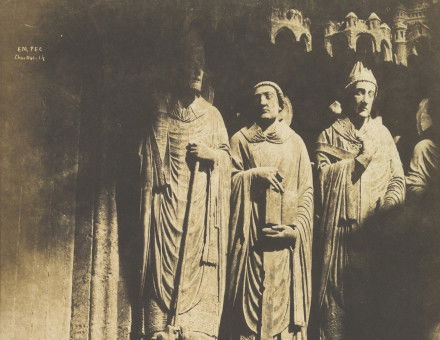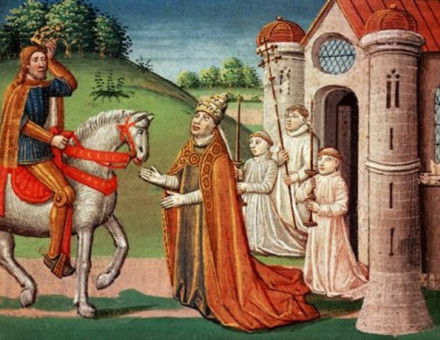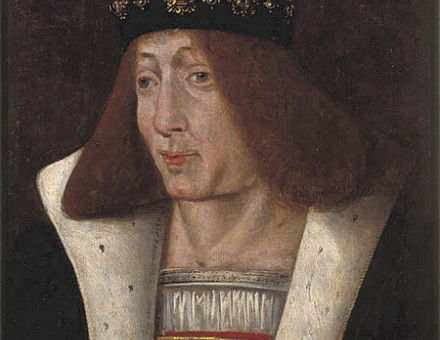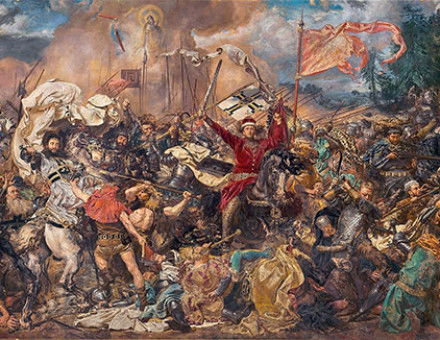Barriers to the Truth
The historian’s desire for certainty is hard to square with the fragility of sources and their constant reworking by the profession. Casting a cold eye on the remaining evidence relating to the deaths of Edward II and Richard II, Ian Mortimer plots a way forward for his discipline.






